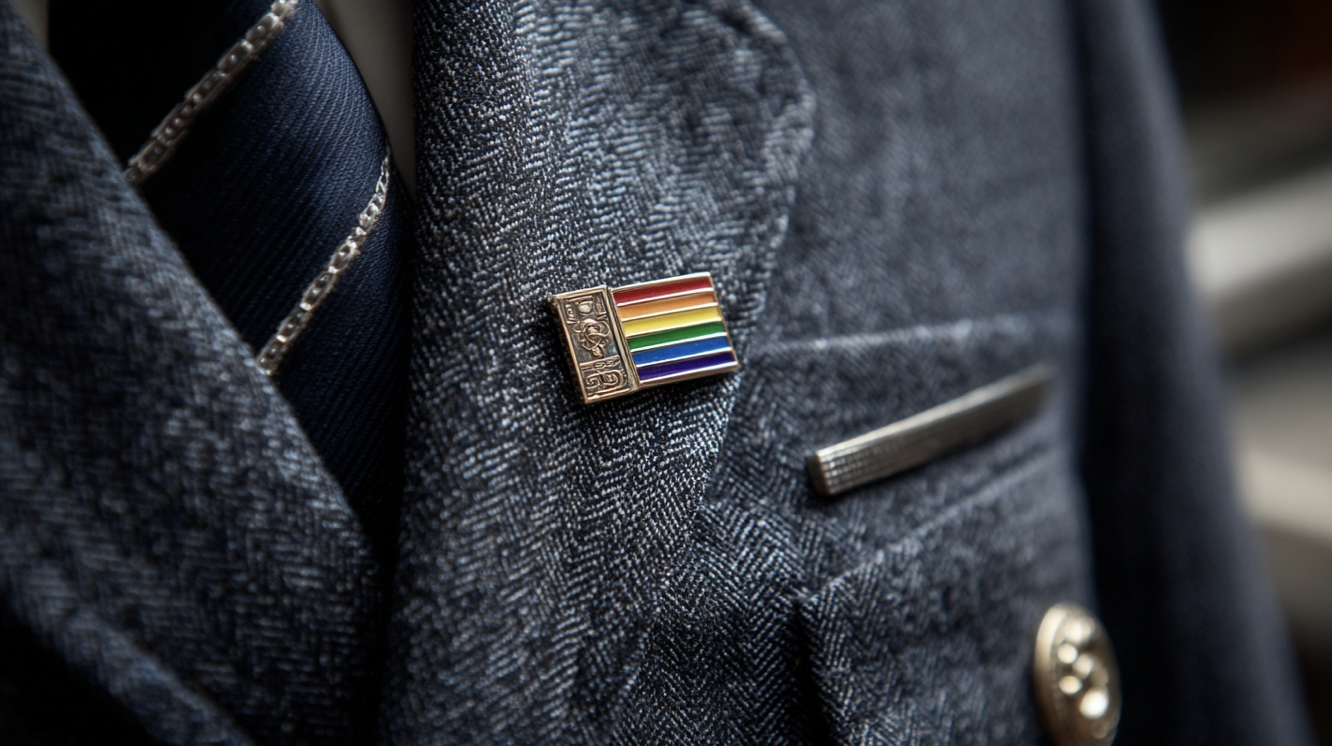A recent High Court ruling has found that police officers acted unlawfully by participating in a Pride festival while in uniform, a decision which has led forces across the country to reconsider how they engage with such events to maintain impartiality. The legal challenge specifically involved Northumbria Police's involvement in the 2024 Newcastle Pride in the City event, where officers took part visibly in uniform. According to the court, this participation created an impression of bias, potentially undermining public trust in the police as impartial enforcers of the law.
The case was brought by Linzi Smith, a gender-critical lesbian who argues that sex is immutable. She challenged the chief constable of Northumbria Police for their support of the Pride event, a complaint that the High Court upheld. This ruling has wider implications beyond Northumbria; various regional forces including Thames Valley Police have since adjusted their policies accordingly.
Thames Valley Police and Crime Commissioner Matthew Barber expressed support for adhering to the ruling, emphasising the importance of police neutrality in the execution of their duties. Assistant Chief Constable Dennis Murray confirmed that Thames Valley Police officers could only attend Pride events in uniform while performing their policing roles, doing so with impartiality and professionalism. Any attendance outside of operational duties must be in a personal capacity, and officers are asked not to wear uniform in such situations. This approach attempts to balance the duty of impartiality with respect for individual rights protected under the European Convention on Human Rights.
Barber further clarified that the only flags displayed on police buildings should be the Union Flag or the force’s own standard, explicitly ruling out the flying of the Pride flag. This stance places Thames Valley Police in contrast with other emergency services in the region, such as Oxfordshire Fire and Rescue, who have shown visible support for Pride by flying the rainbow flag on their vehicles. Barber noted that the fire service’s decisions on symbolically displaying the flag are for them to determine and stated that the police's core focus remains on crime prevention and public safety, not participating in cultural or political debates.
Other forces have taken comparable steps following the ruling. North Yorkshire Police, for instance, has barred off-duty officers from wearing uniforms at Pride parades to maintain impartiality. Similarly, Northumbria Police has prohibited officers from displaying transgender colours or rainbow livery on police vehicles. These measures underline a growing trend among police forces to reassess their visible roles in Pride events to uphold public confidence in their impartiality.
Despite these restrictions, both Oxford Pride and the police's LGBT+ network have yet to comment publicly on the implications of the ruling and the changes it necessitates in police participation at Pride events. Source: Noah Wire Services
